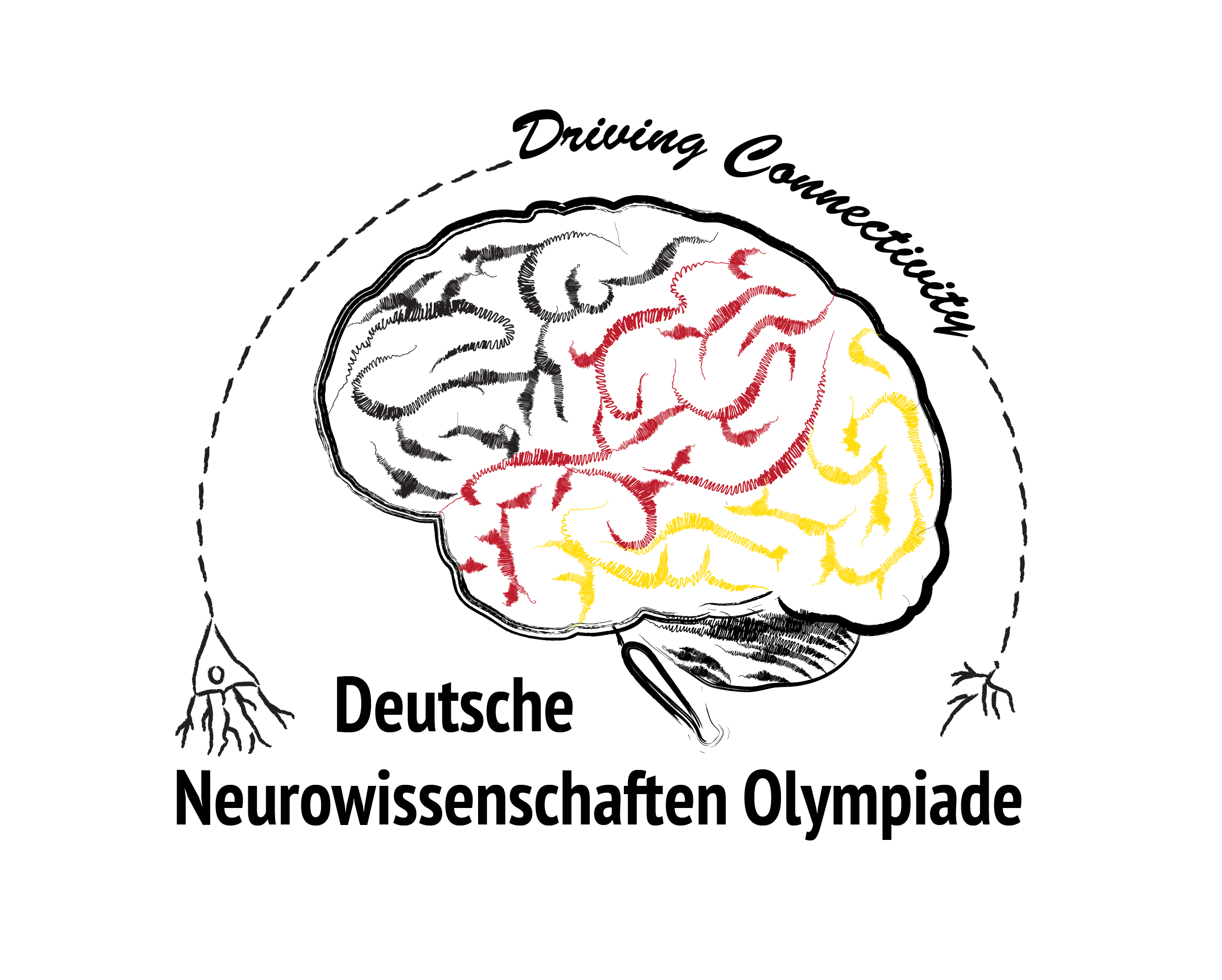Talented High School students from North-West Germany demonstrated their knowledge about the human brain in the first regional neuroscience competition hosted in the Life & Brain Center of the University of Bonn.
The Deutsche Neurowissenschaften-Olympiade (DNO) e. V. Bonn in collaboration with PhD students, scientists, teachers, professors, sponsors and partner organizations such as the Deutsches Zentrum für Neurodegenerative Erkrankungen (DZNE) and the Life & Brain Center, between others conducted this neuroscience Olympiad on Saturday the 1st of April, 2017.
About the brain heroes
Twenty-six highly motivated students, 14 to 19 years of age, participated in this challenging Olympiad. They some students are currently taking neurobiology courses as part of their high school’s curricularum. However, they wanted to go beyond their classroom experience and extend their knowledge about the brain and the different fields of neuroscience by taking part in this competition.
Their main reasons to participate is that they find “neurology so exciting and love competing” (Joudi Qasem, Quirinus Gymnasium Neuss), they are interested in “learning new stuff in the fields of medicine, biology or chemistry” (Mikhail Gromak, Konrad-Adenauer-Gymnasium Bonn) or they “want to gain further understanding in topics related to the brain” (Helen Waeder, Bonn International School) to one day become medical doctors, neuroscientists or psychologists.
Competition challenge
After taking the decision to participate and preparing themselves, with the help of the neuroscience study guide provided by DNO, the students took part in the 5-stage competition challenge. First, the students answered written quiz questions. From there, they had to identify specific regions marked on plastic brain models and recognize cell structures within histological brain sections seen under a microscope. Afterwards, they were confronted with videos of patients in order to diagnose the neurological disorder and its possible treatment. Finally, the adrenalin went up when the students were asked in an oral format increasing difficult questions posed by a panel of neuroscientists.
The questions covered topics such as intelligence, emotions, memory, Alzheimer’s and Parkinson’s disease, schizophrenia, depression, addictions, brain research, brain anatomy, many others. Prof. Christian Steinhäuser from the Institute of Cellular Neurosciences, Prof. Bernd Weber from the Center for Economics and Neurosciences and Dr. Martin Schwarz from the department of Epileptology from the University of Bonn participated as judges in the two oral podium sections.

The winners
Emily Scheiermann from the Fürst-Johann-Moritz-Gymnasium, Lina Kürschner from GymnasiumWinsen (Luhe) and Malin Spiegelsberger from the Internatsschule Schloss Hansenberg obtained the first, second and third place, respectively, after competing with the top 15 students in a final round of oral questions.
Emily Scheiermann, the overall champion of DNO-Bonn, showed an astonishing performance during the whole competition. She mentioned “this prize means a lot me to because it is a huge encouragement to pursue the medical career I want.” She was very proud to see that the effort she put into this Olympiad led to something valuable. This 18 years old eager lady was awarded with a research internship in a neuroscience laboratory.
For these three ladies, although the competition was full of adrenaline and nervousness, it was also a great opportunity to start new friendships. They, together with the top 15 students from the regional competitions held in Bonn, Frankfurt and Berlin, will participate in the national German neuroscience competition in Heidelberg on May 13th, 2017.
Editor: LaShae Nicholson
Author: Kristel Martínez Lagunas
Press Communication and Public Relations (PCR) team Leader
Kristel was born to share stories of a variety of topics that can be helpful, educative, and inspiring to others. During her PhD studies, she developed a passion for science communications and decided to orientate her career towards the world of scientific journalism. One of her aims is to bring science closer to general audiences in a practical way. This was her motivation to join DNO’s family in December 2016. In her free time she enjoys making videos, playing football, biking, dancing, and sharing moments with her family and friends.

